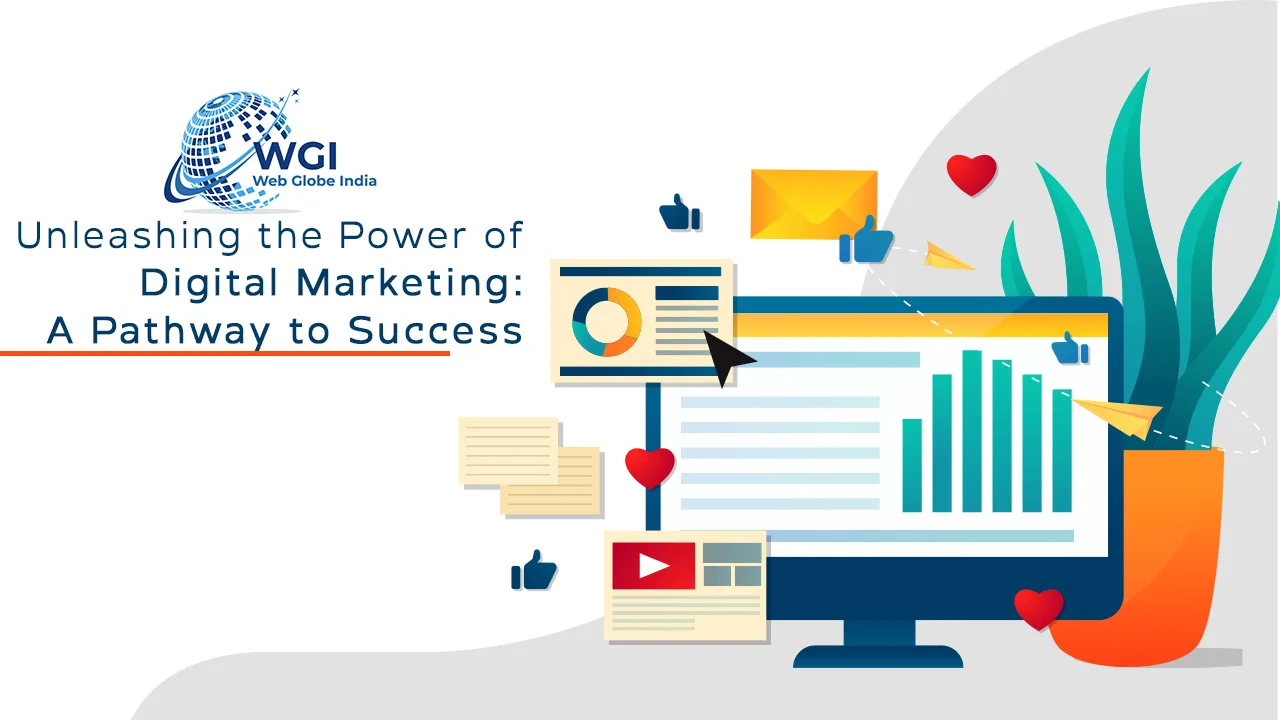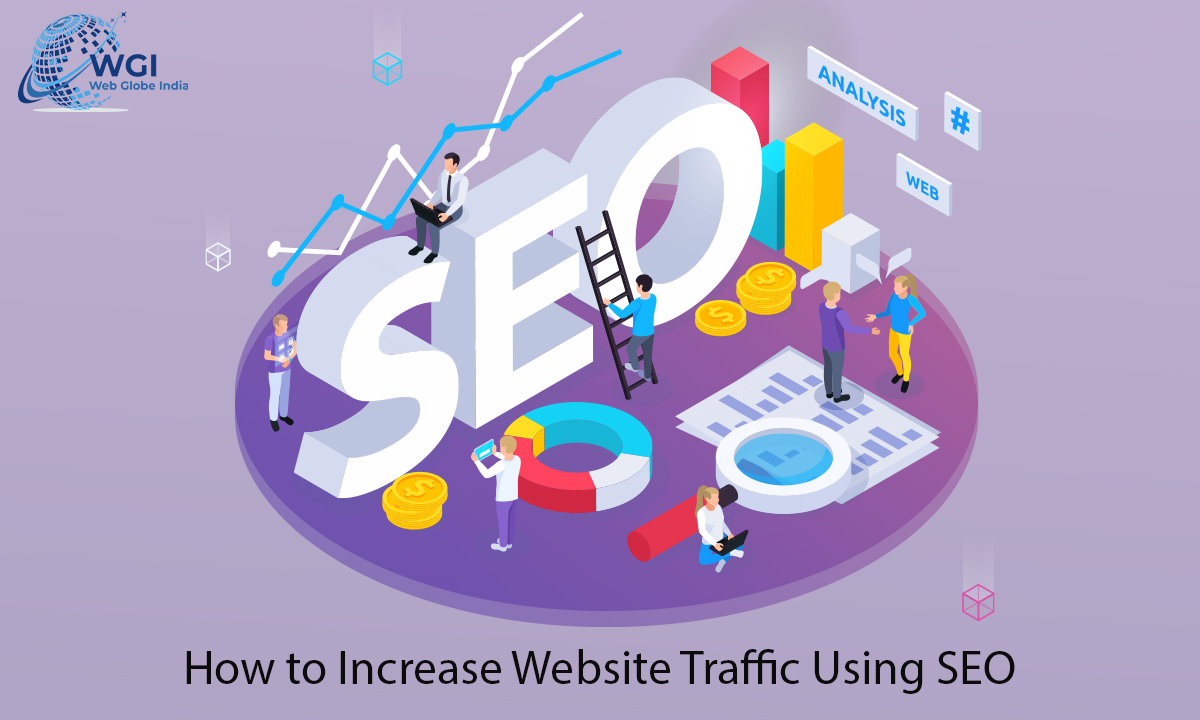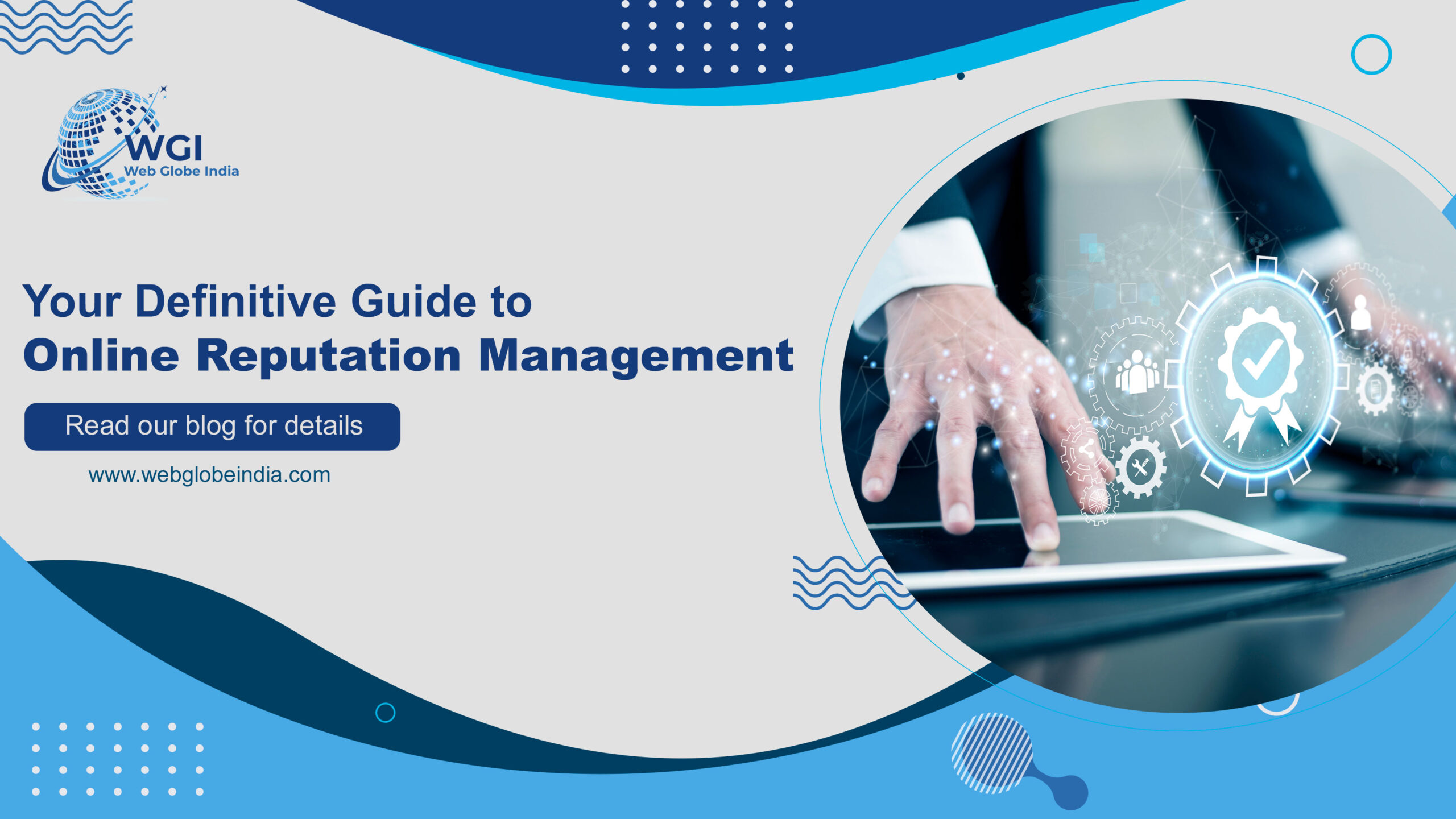Introduction:
In today’s fast-paced and interconnected world, businesses are constantly seeking innovative ways to reach their target audience and stay ahead of the competition. Digital marketing has emerged as a powerful tool that enables organizations to amplify their brand presence, engage with customers, and drive business growth. This blog will delve into the world of digital marketing, exploring its key components, strategies, and the immense opportunities it offers for businesses in the modern era.
I. Understanding Digital Marketing:
Digital marketing refers to the utilization of digital channels such as websites, search engines, social media, email, and mobile applications to promote products or services. Unlike traditional marketing, which relies on physical advertising mediums, digital marketing offers a more targeted, measurable, and cost-effective approach to reach a vast global audience.
II. Key Components of Digital Marketing:
- Search Engine Optimization (SEO): SEO involves optimizing a website’s content, structure, and technical aspects to improve its visibility on search engine result pages. By enhancing the website’s ranking, businesses can attract organic traffic and increase their chances of conversion.
- Pay-Per-Click Advertising (PPC): PPC campaigns allow businesses to display ads on search engine results pages or other websites and pay only when users click on them. Platforms like Google Ads and social media platforms offer sophisticated targeting options, enabling businesses to reach specific demographics and maximize their ad spend.
- Content Marketing: Content is the heart of digital marketing. It involves creating and distributing valuable, relevant, and engaging content, such as blog posts, videos, infographics, and social media updates. Effective content marketing helps build brand authority, attract and retain customers, and foster trust.
- Social Media Marketing: Social media platforms like Facebook, Instagram, Twitter, LinkedIn, and YouTube have become powerful marketing channels. They allow businesses to connect with their target audience, build brand awareness, share engaging content, and drive traffic to their websites.
- Email Marketing: Email marketing involves sending targeted messages directly to a subscriber’s inbox. By crafting personalized and compelling emails, businesses can nurture leads, strengthen customer relationships, and drive conversions.
- Influencer Marketing: Influencer marketing leverages the reach and influence of popular individuals or personalities on social media. Collaborating with influencers can help businesses tap into their followers’ trust and loyalty, amplifying brand awareness and driving sales.







